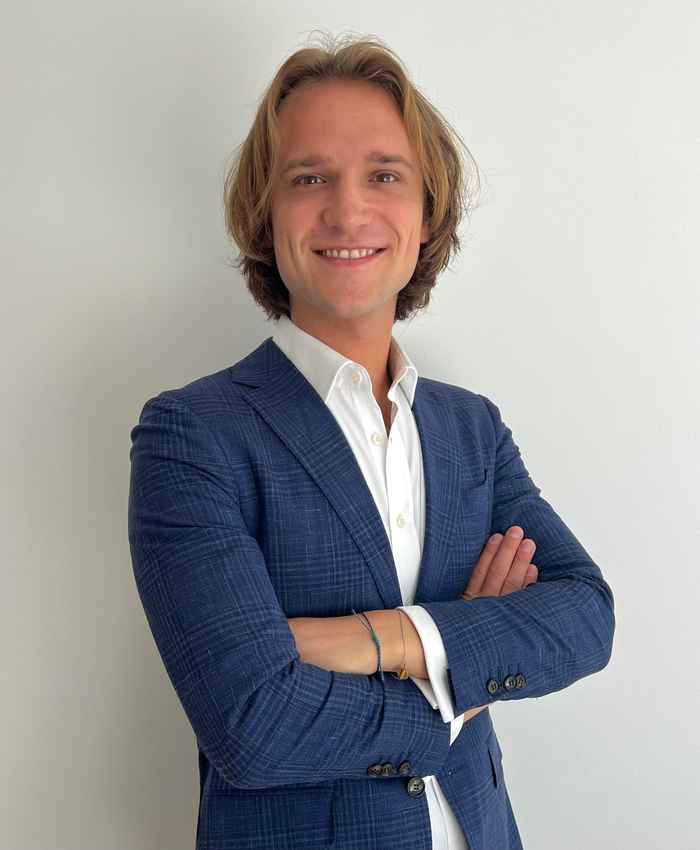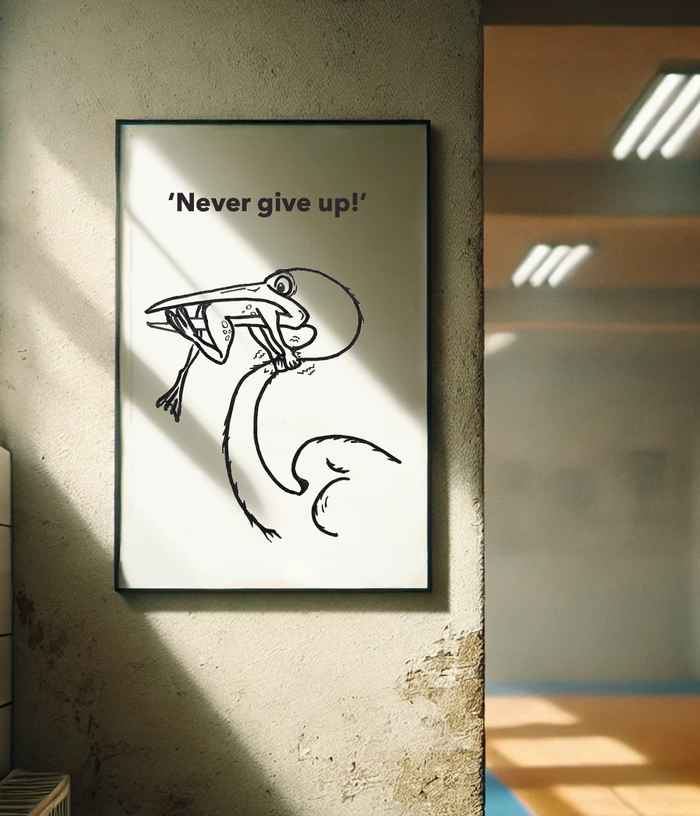Jorin Wolff
"PPLE prepared me to thrive in diverse and multicultural environments"

What path did you take during and after graduating from PPLE?
During my time at PPLE, I specialized in Politics and completed an internship in my second year with The Good Roll Foundation, a Dutch organisation focused on building sanitation facilities in Ghana. This experience sparked my interest in development issues, particularly the role of infrastructure in fostering growth. My thesis became an extension of this interest, as I chose to research the social and economic effects of the Belt and Road Initiative in Kenya - a project that I found incredibly rewarding.
After graduating from PPLE, I pursued a master’s degree in Development Studies at the London School of Economics, where I specialised in Applied Development Econometrics. This academic shift was challenging but enriching. My master’s research focused on the impact of school sanitation on the enrolment and attendance of pubescent girls in India.
As my one-year master’s program came to an end, I sought out work experience with a purpose-driven organisation. This led me to Econometría Consultores in Bogotá, Colombia, which offered the perfect opportunity to gain relevant experience while learning Spanish—a skill I consider invaluable in the international development sector. Now, after more than a year with the company, I’m confident to say: I wouldn’t have done it any other way!
What does your current work involve, and which parts of it do you find most engaging and rewarding?
I am currently a project coordinator at Econometría, a consulting firm specialising in the impact evaluation of development initiatives. My role primarily involves three key responsibilities. First, I co-lead the company’s internationalisation strategy by establishing contacts and forming strategic partnerships with organisations and international chambers of commerce in Bogotá. The goal is to identify international projects and partners for Econometría’s impact evaluations. Second, I assist the company in securing international projects by analysing publicly tendered projects and leading teams to develop compelling project proposals. Finally, I coordinate teams to help clients understand the impact of their projects by overseeing the collection, analysis, and interpretation of both qualitative and quantitative data.
What I find most rewarding about my job is the diverse range of challenges presented by different clients. One day, we might be examining how new EU regulations affect fairtrade banana producers in Colombia; the next, we could be assessing UNICEF’s impact in Afghanistan over the past five years. This diversity ensures that my work is never monotonous, and each project offers a unique learning opportunity.
Can you share an example where the skills or perspectives from PPLE provided a unique advantage in addressing a complex issue in your current work projects?
PPLE provided me with a valuable foundation that continues to benefit my work in several ways. As cliché as it may sound, the programme's emphasis on interdisciplinarity allows me to approach clients' challenges from multiple perspectives, which is crucial for understanding the bigger picture. For instance, new EU regulations affecting fairtrade banana farmers may seem like a purely legal issue, requiring the switch to more sustainable fertilizers. However, this change has economic implications on farmers’ profitability, especially if price adjustments aren’t made to reflect the increased costs. Additionally, shifting long-established farming practices often leads to psychological resistance and requires political measures to make the transition viable.
Moreover, the group projects at PPLE prepared me to thrive in diverse and multicultural environments. PPLE’s student body comes from a range of academic and cultural backgrounds, leading to different working styles. Similarly, at Econometría, I collaborate with economists, statisticians, and qualitative researchers, each with their own approaches. Additionally, my time in Colombia has deepened my understanding of cultural differences in professional settings. Thanks to PPLE, I’ve developed the ability to navigate these environments and communicate effectively with both qualitative and quantitative teams from different cultures.
If you could go back in time and take one course again, which one would it be, and why?
There are several courses from the PPLE curriculum I’d love to revisit, especially now that I’ve deepened my understanding of development challenges. However, if I had to choose one, it would be the Political Economy course from the third year of the politics major.
I still vividly remember studying the works of Ha-Joon Chang, whose insights were not only eye-opening during PPLE but also fundamental in my master’s at LSE. His concept of "kicking away the ladder" profoundly shaped my understanding of global inequalities. In this course, I learned that protectionism and government intervention - such as subsidising infant industries and imposing tariffs on foreign goods - were critical factors in the rapid development of Western countries. This challenged the prevailing narrative pushed by global development institutions, which often encourage developing countries to focus on free trade and their comparative advantage. Chang’s work revealed the hypocrisy in this advice, as it overlooks the strategies that originally fuelled Western success.

What would be your advice to current PPLE students?
Since starting judo at a young age, I’ve always remembered a poster hanging in my first dojo in Switzerland. It showed a frog in the mouth of a stork, gripping the stork’s throat to not be swallowed, with the caption: "Never give up!" Whether in judo competitions, academia, or my professional life, this motto has accompanied me ever since. Over time, I’ve added to it: “Live your dream, and never give up.” This is the advice I’d give to current PPLE students, especially those who, like I once did, feel uncertain about their path. Don’t chase money alone. If you follow your passion, your profession will become your hobby, and the money will follow you. Like the frog in the stork’s throat, hold on tight to your dreams to live, and enjoy a life you truly enjoy.
To current third-year students: find a thesis topic that genuinely fascinates you. If you choose something you're deeply interested in, the research will feel like something you would have pursued in your own time anyway. Otherwise, the thesis can feel like an enormous challenge.